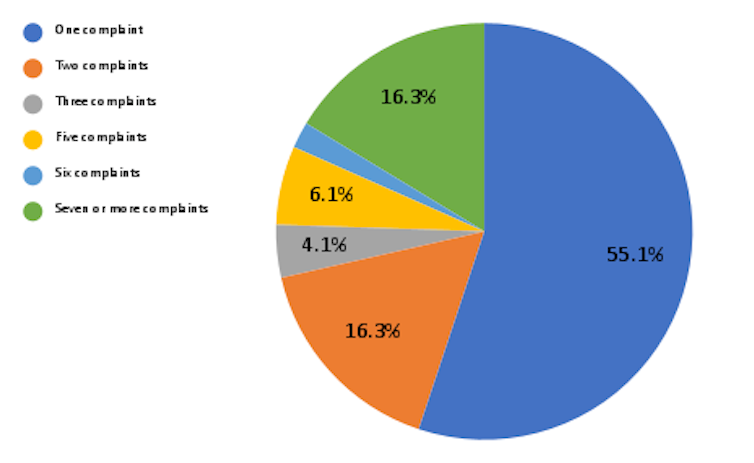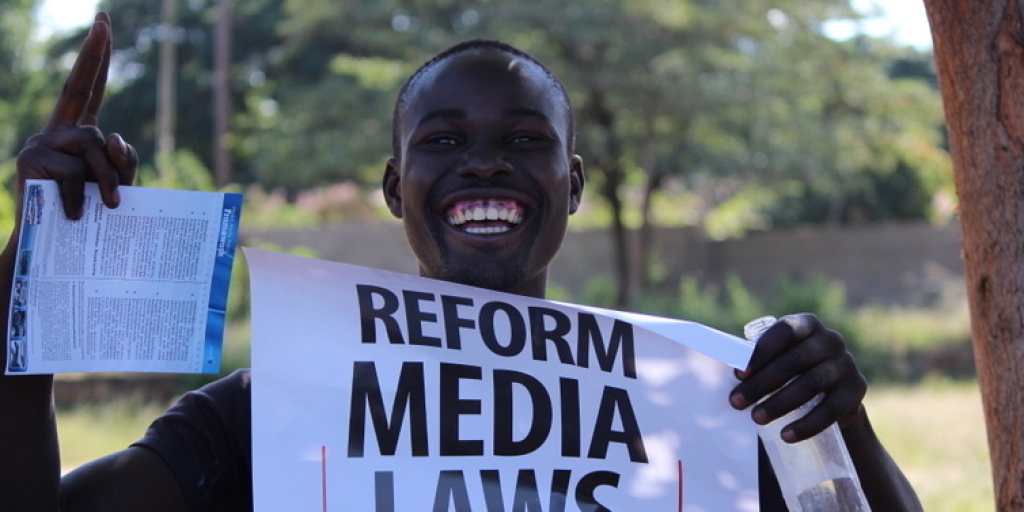How ethical are South Africa’s news media? A study of public complaints to the Press Council
PICTURE: Madison Inouye/Pexels
Sisanda Nkoala
Rofhiwa Mukhudwana
Trust Matsilele
The news media in South Africa have a long and dark history of being used to oppress the majority during colonialism and apartheid. In the new context of societal transformation and constitutional democracy since 1994, media diversity is crucial. And the need for ethical journalism is paramount.
Media ethics act as a moral compass guiding journalists, media organisations and regulatory bodies through the twists and turns of news reporting. This is especially important in complex and contested places like South Africa.
The importance of media ethics in safeguarding truth, objectivity and public trust cannot be overstated. Ethics help to avoid misinformation, societal polarisation and the erosion of public faith in the media
Media scholars such as Eric Louw and Johannes Froneman have examined the challenges of establishing ethical media norms during the period of transition from apartheid in the early 1990s.
As media studies scholars, we have been interested in the ways in which media outlets, which hold others accountable, are able to hold themselves to account. Our recently published study examined the ethical issues identified in rulings by the Press Council of South Africa between January 2018 and December 2022.
The council is an independent, voluntary media self-regulation body which adjudicates public complaints against print and online publications in the country
The Press Council provides impartial, expeditious and cost-effective adjudication to settle disputes between newspapers, magazines and online publications, on the one hand, and members of the public, on the other, over the editorial content of publications.
The council uses the Press Code to guide journalists in their work. Its Ombud and Appeals Panel adjudicate complaints against the media. Its services are free.
Our study analysed 216 rulings which involved 49 publications and over 150 journalists. For each ruling, we examined the specific sections of the Code, the people or organisations making the complaint and the media entities involved. This allowed us to assess how well South Africa’s media adhere to the Code that holds them accountable to the ethical standards expected of them.
Our study is the first to provide a longitudinal and qualitative analysis of the press council’s rulings. In so doing, we tease out the nuances on both the progress made and the challenges that remain in cultivating ethical standards in the South African news media landscape.
We found that most South African news publications which subscribe to the Press Council had a good track record in upholding ethical standards.
Over half of the publications that were subject to complaints had only one complaint lodged against them during the five-year period we analysed. Sixteen percent had two, and 16% had seven or more. These journalists were most often accused of not reporting truthfully, accurately, fairly and neutrally.

Most of the allegations against the journalists were dismissed for being without merit. Some complaints were motivated by a general dislike of certain stories, rather than violations by the ethical code by the journalists.
Our study also examined the profile of the complainants. We found that 41% of complainants were individuals. Non-profit organisations accounted for 7%, alleging damage to their reputation, demanding the right of reply, and raising truthfulness issues.
Corporates accounted for 16% of complainants, prioritising reputation matters. Prominent individuals constituted 5% of complainants, and religious figures 15%. They complained mainly about alleged defamation and the right to reply. They claimed the media breached their privacy and were sensationalist.
Corporations, celebrities and politicians often employed third parties, such as lawyers and public relations agents, to file complaints, particularly concerning privacy and alleged defamation. We also found that 12% of complainants were government entities, with individual politicians comprising 8% and state-owned entities 7%.
Politicians, government departments and state-owned entities accounted for 27% of all complainants. Further, the data showed that journalists made up less than 1% of complainants.
The final aspect our study considered the specific sections of the Code most frequently cited in complaints. Certain sections of the Code were repeatedly cited, indicating key areas of concern. Foremost among these was section 1.1, pertaining to truthfulness, accuracy and fairness in reporting.
This fundamental tenet of journalism was cited in 76% of complaints, although most of these were dismissed. Closely related were sections 1.8 and 1.2, cited in 54% and 53% of complaints, respectively. These sections emphasise the need for journalists to verify information, and to clearly distinguish factual reporting from opinion or speculation.
Finally, section 3.3, concerning dignity and reputation, was another significant point of contention, appearing in nearly half of the complaints. One such case was that of Thembinkosi Joseph Gumede vs Daily Sun. Gumede, a priest at St Augustine’s Church in Umlazi, KwaZulu-Natal, claimed the publication had defamed him.
The article in question said he mismanaged church funds and members of the congregation wanted him gone. The Ombud ruled that Daily Sun had indeed transgressed sections 1.1, 1.2, 1.3 and 3.3 of the press code. The newspaper was ordered to retract the story and apologise.
Our study shows that most publications adhere to ethical standards. However, the few with a disproportionate number of complaints need to address systemic issues that may hinder ethical journalism and tarnish the image of the sector as a whole
The fact that the majority of complainants were corporations, politicians and religious figures indicates they are likelier to have the resources and time to devote to the complaint process. This finding is a concern in light of the media regulator needing to serve the wider public interest.
If complaints are dominated by the powerful and elites, it suggests that ordinary citizens may face barriers to having their voices heard. This is due to no fault of the press council. However, it may point to a need for the council to undertake more public awareness campaigns to empower ordinary citizens to use it to hold the media accountable.
- is an Associate Professor at the University of the Western Cape, is an Associate Professor of Communication Science at the University of South Africa and is a Senior Lecturer at Birmingham City University
- This article first appeared here




